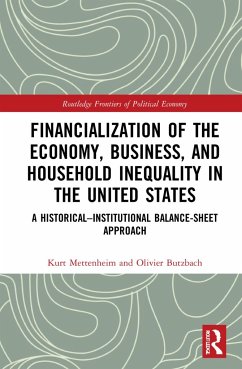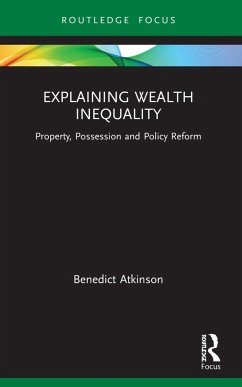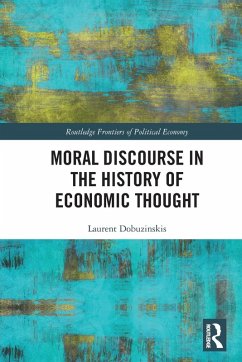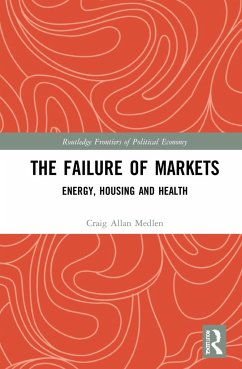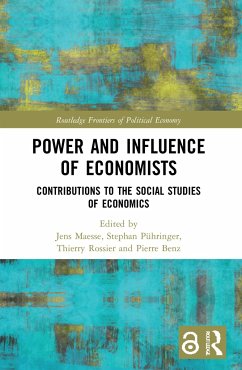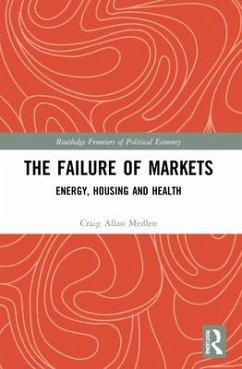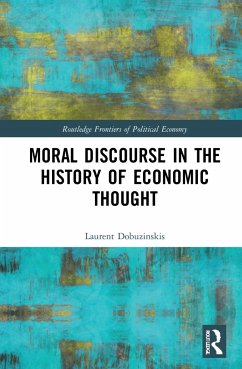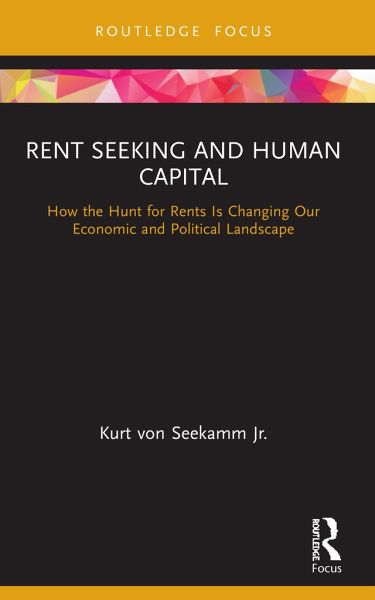
Rent Seeking and Human Capital
How the Hunt for Rents Is Changing Our Economic and Political Landscape
Versandkostenfrei!
Versandfertig in 6-10 Tagen
24,99 €
inkl. MwSt.
Weitere Ausgaben:

PAYBACK Punkte
12 °P sammeln!
Rent Seeking and Human Capital: How the Hunt for Rents Is Changing Our Economic and Political Landscape explores the debates around rent seeking and contextualizes it within the capitalist economy.It is vital that the field of economics does a better job of analyzing and making policy recommendations that reduce the opportunities and rewards for rent seeking, generating returns from the redistribution of wealth rather than wealth creation. This short and provocative book addresses the key questions: Who are the rent seekers? What do they do? Where do they come from? What are the consequences o...
Rent Seeking and Human Capital: How the Hunt for Rents Is Changing Our Economic and Political Landscape explores the debates around rent seeking and contextualizes it within the capitalist economy.
It is vital that the field of economics does a better job of analyzing and making policy recommendations that reduce the opportunities and rewards for rent seeking, generating returns from the redistribution of wealth rather than wealth creation. This short and provocative book addresses the key questions: Who are the rent seekers? What do they do? Where do they come from? What are the consequences of rent seeking for the broader economy? And, finally: What should policymakers do about them? The chapters examine the existing literature on rent seeking, including looking at the differences between rent seeking and economic rent. The work provides an in-depth look at the case of the impact of rent seeking degrees in the United States, particularly in business and law, and explores potential policy remedies, such as a wealth tax, changes to the rules on financial transactions, and patent law reform.
This text provides an important intervention on rent seeking for students and scholars of heterodox economics, political economy, inequality, and anyone interested in the shape of the modern capitalist economy.
It is vital that the field of economics does a better job of analyzing and making policy recommendations that reduce the opportunities and rewards for rent seeking, generating returns from the redistribution of wealth rather than wealth creation. This short and provocative book addresses the key questions: Who are the rent seekers? What do they do? Where do they come from? What are the consequences of rent seeking for the broader economy? And, finally: What should policymakers do about them? The chapters examine the existing literature on rent seeking, including looking at the differences between rent seeking and economic rent. The work provides an in-depth look at the case of the impact of rent seeking degrees in the United States, particularly in business and law, and explores potential policy remedies, such as a wealth tax, changes to the rules on financial transactions, and patent law reform.
This text provides an important intervention on rent seeking for students and scholars of heterodox economics, political economy, inequality, and anyone interested in the shape of the modern capitalist economy.





